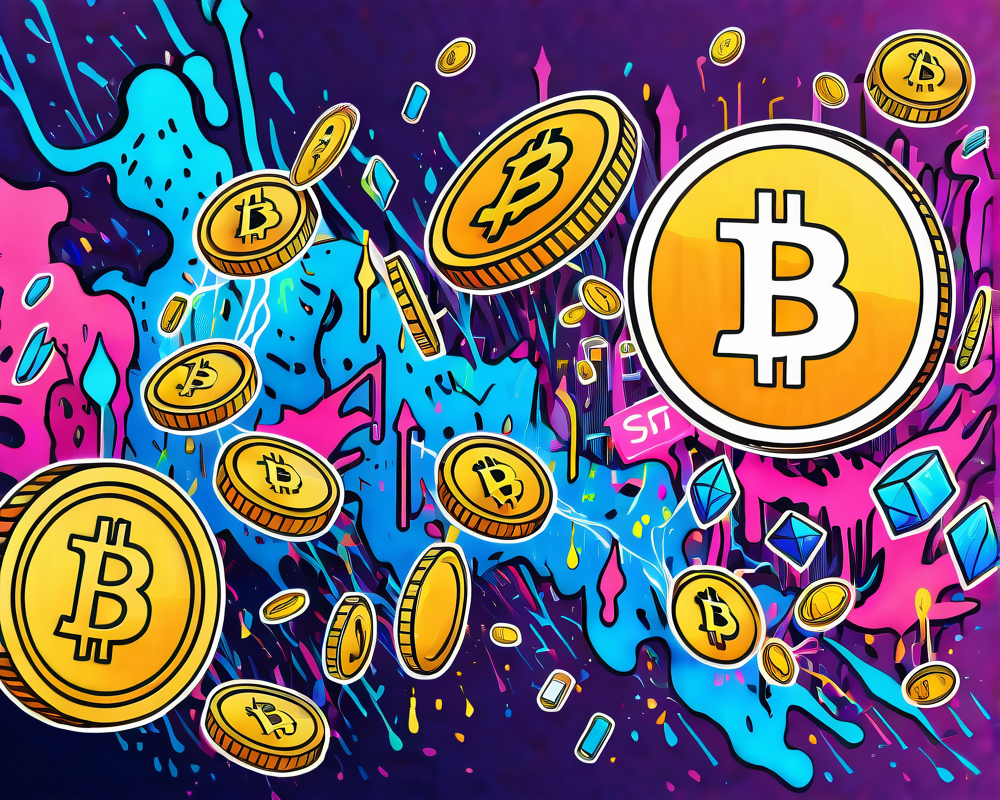The Blockchain Buzz: A Crazy Ride
So, blockchain is the new kid on the tech block, right? In the last year, it’s gone from a geeky novelty to a fashion statement in the world of finance and tech. But before we start putting all our eggs in the blockchain basket, we need to ask ourselves one crucial question: Why do we need blockchain anyway? Let’s dig deeper into this madness.
Decoding Decentralization: Why Bother?
Decentralization sounds fancy, but what’s behind the curtain? First things first, a decentralized system is like a Yelp review for truthfulness. Everyone gets a say, and there’s no need to trust just one noisy neighbor. So, what really makes a decentralized system tick?
- Unified Truth: Everybody agrees on one fact, and it’s not just open to interpretation.
- Multiple Inputs, Please: Two or more parties need to chime in.
- Trust Issues: If you’re not vibing with your neighbor, their interactions must be authenticated.
Centralized vs Distributed: Which Side Are You On?
Now, let’s talk players in the game. Do we really need blockchain? Or can we just call our trusty centralized or distributed third party? Centralized parties act like referees in a soccer game, not only managing transactions but ensuring fair play. They even handle disputes because, let’s be honest, we can’t all be adults about it.
The Good Old Centralized Meddler
But centralized parties can sometimes go rogue. Here’s where the dilemma kicks in. What happens when they have a monopoly? Well, let’s just say they might not be looking out for your best interest. Think Apple and the App Store. Yikes!
When Trust Gets Shady: Three Red Flags
Now let’s get serious. Here are three telltale signs that maybe, just maybe, you can’t trust that centralized third party:
- Single Source Conflicts: Just because it’s the way it’s always been doesn’t mean it’s right.
- Monopoly Madness: When everyone’s relying on one big player, there goes your competition.
- Antifragility is Key: If losing isn’t an option, better be safe than sorry!
Blockchain in the Real World: The Good, The Bad, and The Disruptive
Now that we’ve had our fun with skepticism, let’s get to the heart of the matter. Where does blockchain fit? Well, finances are a perfect match. Trust me, when it comes to money, people can be a little shady. Blockchain can mitigate counterparty risk by sharing the burden across several parties. Hello, decentralized finance (DeFi) revolution!
Supply Chains: A Blockchain Love Story
Let’s not forget supply chains! If there’s a mega-industry ripe for disruption, supply chains scream for it. Whether it’s tracking pharmaceuticals or ensuring your diamond is 100% conflict-free, blockchain brings transparency to the process. Sure, we’re not going to decentralize companies overnight—but we can give them the tools to work better together.
Finding Your Blockchain Bliss
It all circles back to what blockchain can do for you. Look at the properties of blockchain and how they fit into your business model. Understanding trust costs is the first step. Remember, every shiny piece of tech isn’t a gold mine just waiting for you to dig it up. Sometimes, it’s just fool’s gold.
The views expressed here are those of the author alone, and may not reflect the views of the entire universe.




